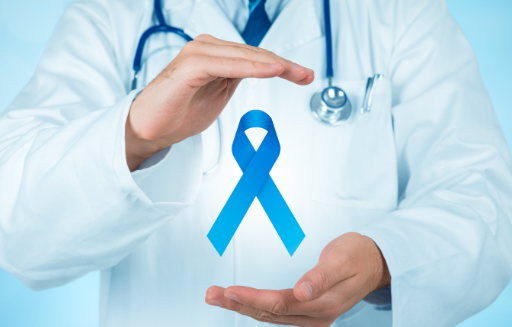Contact Us
Frequently Asked Questions
Top Questions About Head and Neck Cancer
Top Questions About Esophageal Cancer
Top Questions About Breast Cancer

Head and Neck Cancer
Is head and neck cancer curable?
Yes, many head and neck cancers are curable, especially when detected early. Treatment success depends on the cancer’s stage, location, and overall patient health.
Does head and neck cancer spread?
Yes, it can spread to nearby tissues, lymph nodes, or distant organs if not treated promptly. Early diagnosis helps prevent metastasis and improves outcomes.
What causes head and neck cancer?
The main causes include tobacco use, alcohol consumption, HPV infection, and prolonged exposure to harmful substances like asbestos or wood dust.
Can a pet ct scan detect head and neck cancer?
Yes, a PET-CT scan is highly effective in detecting the presence and spread of head and neck cancers. It helps assess both the primary tumor and potential metastases.
Are all head and neck tumors cancerous?
No, not all are cancerous. Some may be benign growths, but any lump or persistent symptom should be evaluated to rule out malignancy.
What treatment options are available for head and neck cancer?
Treatment may include surgery, radiation therapy, chemotherapy, targeted therapy, or a combination—depending on the cancer type, stage, and location.
How can I reduce my risk of recurrence after treatment?
Avoid tobacco and alcohol, follow a healthy lifestyle, attend regular follow-ups, and monitor for early signs of recurrence as advised by your doctor.
Can head and neck cancer be inherited
Most cases are not inherited, but some genetic conditions may increase risk. A family history of cancer should be discussed with a specialist for proper screening.
About Esophageal Cancer
What is the first sign of esophageal cancer
The most common early sign is difficulty swallowing (dysphagia), often starting with trouble swallowing solid foods. It may be subtle at first but worsens over time.
How long does it take esophageal cancer to grow
Esophageal cancer can develop slowly over years, especially in cases linked to conditions like Barrett’s esophagus. However, once cancerous changes occur, it may progress more rapidly.
Is esophageal cancer curable if caught early
Yes, early-stage esophageal cancer has a higher chance of cure through surgery or endoscopic treatments. Early detection significantly improves survival outcomes.
What are the early warning signs of esophageal cancer
Early signs include trouble swallowing, chest pain or discomfort, unintentional weight loss, chronic cough, or hoarseness. These symptoms should not be ignored.
How long does esophageal cancer surgery take
Esophageal cancer surgery typically takes 4 to 8 hours, depending on the type of procedure and the patient’s condition. Recovery time in the hospital can last a week or more.
Can acid reflux lead to esophageal cancer?
Yes, chronic acid reflux can lead to Barrett’s esophagus, a condition that increases the risk of esophageal adenocarcinoma. Managing reflux is key to lowering risk.
How fast does esophageal cancer spread?
Esophageal cancer can spread relatively quickly once symptoms begin, especially if undetected. It often spreads to nearby lymph nodes, liver, or lungs.
Can lifestyle changes lower the risk of esophageal cancer?
Yes, quitting smoking, limiting alcohol, managing acid reflux, maintaining a healthy weight, and eating a balanced diet can help reduce the risk significantly.
Breast Cancer
How to prevent breast cancer naturally?
Stay active, eat a healthy diet, limit alcohol, and avoid smoking. Breastfeeding and maintaining a healthy weight may also help lower your risk
How to identify breast cancer?
Watch for lumps, nipple changes, skin dimpling, or unusual discharge. Regular self-exams and mammograms are key for early detection.
What are the 5 warning signs of breast cancer?
Look out for a breast lump, nipple discharge, skin dimpling, breast pain, or changes in shape or size. These signs shouldn’t be ignored.
Can males have breast cancer?
Yes, men can get breast cancer, though it’s rare. It often appears as a lump near the nipple, with possible pain or discharge
How does breast cancer occur in the body?
It starts when abnormal breast cells grow uncontrollably, forming a tumor. These cells can spread to other parts of the body if untreated.
Is breast cancer deadly?
Breast cancer can be life-threatening if diagnosed late. However, early detection and treatment greatly improve survival chances
Does family history increase the risk of breast cancer?
Yes, having close relatives with breast cancer, especially at a young age, can increase your risk due to inherited genetic mutations.
Can breastfeeding lower the risk of breast cancer?
Yes, breastfeeding may reduce the risk, especially in premenopausal women. Longer durations offer more protection.